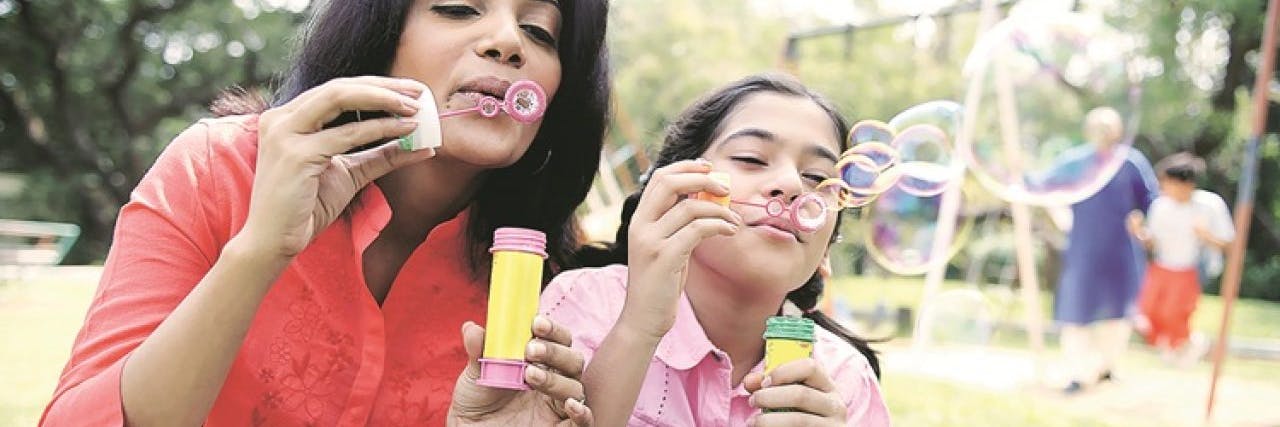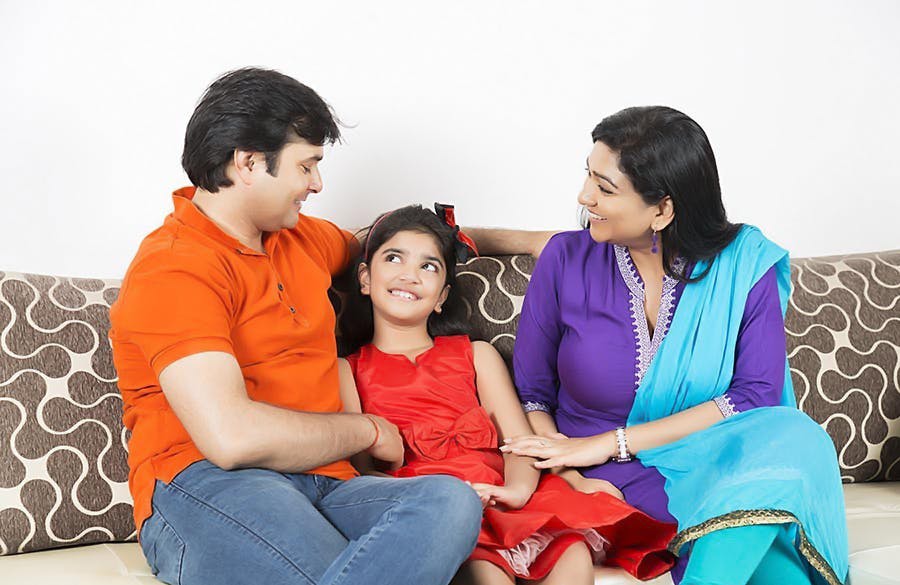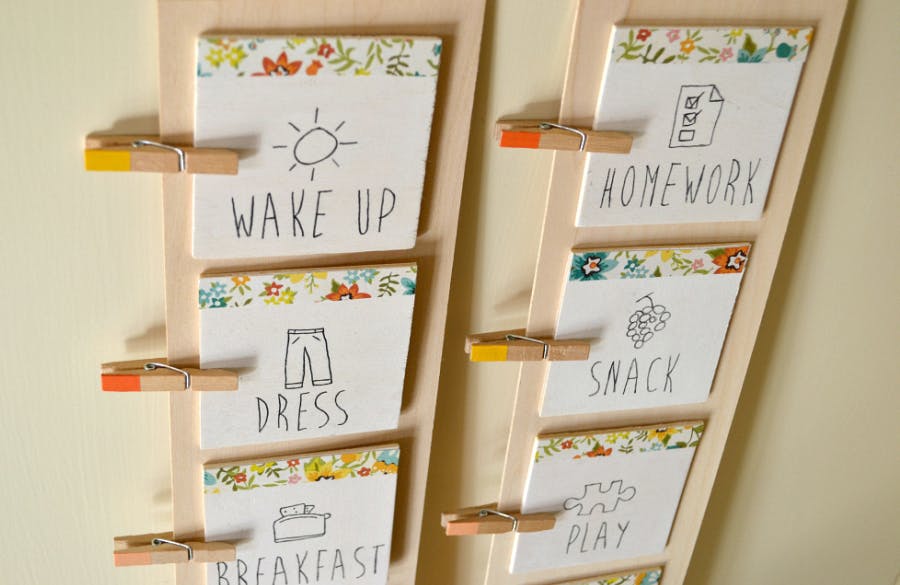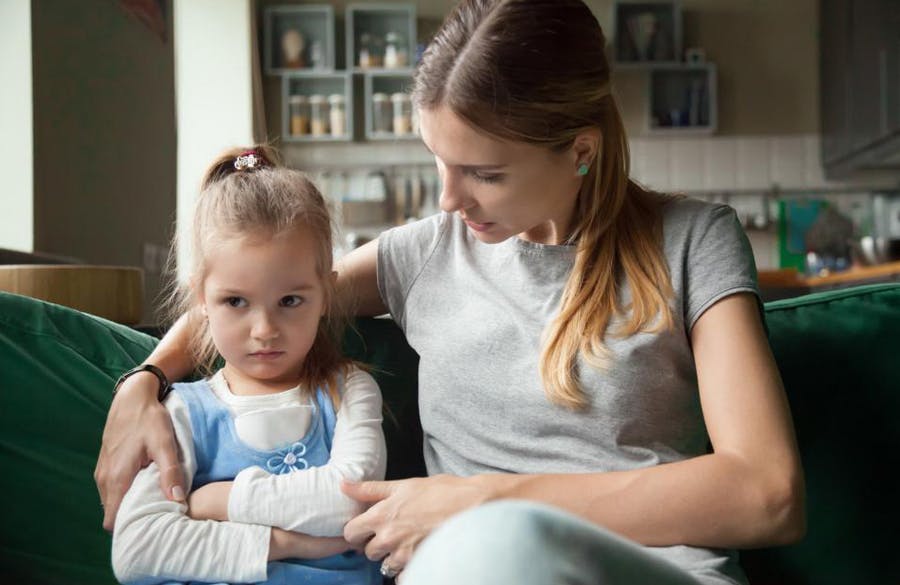Help Children Cope With Stress During The COVID Lockdown
All Posts
In the past few weeks, social distancing and isolation has become the new norm during this unfortunate COVID outbreak and right now it is the only way to ensure safety for you

your family. But social distancing and self-isolation can be really stressful, especially for children. In fact, according to the Centers For Disease Control And Prevention (CDC), children and teens are more strongly affected by the stress from this crisis. (Source: Mental Health And Coping During COVID-19 | CDC). Therefore, at a time like this where there is so much media updates and news about the pandemic, it is important to check up on your child’s mental health and ensure that they are dealing with it in a healthy way. Children respond to stress differently than adults and as parents you should check for signs of anxiety or behavioral changes during this time.
Anger, agitation, clinginess or withdrawal are all signs of stress in children so if this happens, you need to keep in mind a few things that will help your child cope with stress and reduce anxiety. Here are some tips that you can help your child:
1. Keep it positive
When things are already stressful for children, using negative reinforcements might just fuel the fire. It is important that you maintain stability and a positive environment by using positive language and tones as much as possible.
Encouragement and reassurance right now will go a long way for your child. This also makes them feel acknowledged for their efforts whether it is doing house chores or homework.
2. Maintain A Daily Routine

To not let stress and anxiety get in the way of your child, it is important that you maintain a consistent daily routine which prevents your child from sitting idle for long periods of time.
Help shape their day by making a structured schedule that has time for homework, activities, entertainment, exercises and personal play time as well. This will help your child feel more secure, relaxed and focused even during this time as well as take their mind off the situation outside.
3. Manage Bad Behaviour

There will be times when your child will act out in spite of all your efforts. This does not mean that you lash out on them as well. The WHO recommends three easy steps to deal with bad behaviour.
Start with catching the early signs of bad behaviour and distract your child with a fun activity that they like. Secondly, if it doesn’t work, take a 10 second pause and breathe before you respond, this will help you respond in a calmer way.
The final recommendation is to instill consequences which allows discipline and makes them accountable for their actions. Also before you instill the consequence (ex. Taking away play/ T.V time for a day) give your child the choice of following your instructions so that they can make the decision.
4. Spend time Together

In difficult times, children need the love and attention of their parents to cope with the situation. It is therefore absolutely necessary for you to keep some time apart to spend with your child everyday and do the things they love, together.
Make opportunities to play and relax with them. This can include home activities like reading a book, cooking, painting, going for a walk, watching tv shows, doing chores together, playing games or helping them study.
5. Go Out When Possible

Staying inside 24x7 will definitely take a toll on your child. Spending some time outdoor with your child can be a nice way to take their mind off the situation and help them relax. Social distancing doesn’t require you to stay in your home 24 hours, but when you do step out, take proper measures to ensure safety and social distancing. You can step out for half-an-hour, play in the backyard, or read a book on the porch while kids enjoy some time out.
While we understand how challenging this time is for parents to juggle between work, family, and household responsibilities, it is important that you keep checking on your child’s mental state to see how they are coping with the situation. The WHO urges parents to regularly check on your child and reassure them that you are always there to listen to their problems which puts their mind at ease.
If you think your child is having a hard time coping with stress, you should definitely try out these above mentioned tips to reduce their anxiety and help them relax.
As always, we hope you and your family are safe, happy and healthy!



